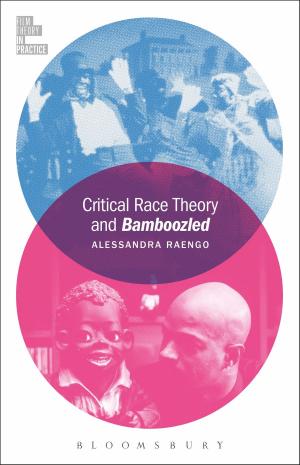| Author: | Isla Baines | ISBN: | 9781370586196 |
| Publisher: | Isla Baines | Publication: | May 8, 2017 |
| Imprint: | Smashwords Edition | Language: | English |
| Author: | Isla Baines |
| ISBN: | 9781370586196 |
| Publisher: | Isla Baines |
| Publication: | May 8, 2017 |
| Imprint: | Smashwords Edition |
| Language: | English |
Mali Political Conflict. Mali Crises, The history of Mali Civil War. A Book. Historical lack of understanding and mutual distrust between Bamako and its northern territory have played an important role in Malian instability for decades. By ignoring northern aspirations for economic development (especially social and economic infrastructure) or political representation (lack of governmental seats for instance), the Malian authorities have paved the way for violent contestation and separatist actions. The popular support among Tuareg and Arab populations for some rebel movements and armed groups, and the authority the rebel leaders have had over some northern populations, are good illustrations of the inequalities collectively experienced by the northern population. The subsequent rebellions in Mali have, in turn, aggravated the long-standing community distrust. The aftermath of the rebellions and the negotiations that led to ‘peace agreements’ also fostered tensions among northern communities, as some groups used those situations to advance their own interests. The ethnic divisions and lawlessness, due to the withdrawal of the Malian state, that characterised the aftermath of rebellions presented a window of opportunity for terrorist groups to settle in the north. Thriving on illicit trafficking and mixing with local populations, these groups managed to gradually gain influence before the 2012 crisis
Mali Political Conflict. Mali Crises, The history of Mali Civil War. A Book. Historical lack of understanding and mutual distrust between Bamako and its northern territory have played an important role in Malian instability for decades. By ignoring northern aspirations for economic development (especially social and economic infrastructure) or political representation (lack of governmental seats for instance), the Malian authorities have paved the way for violent contestation and separatist actions. The popular support among Tuareg and Arab populations for some rebel movements and armed groups, and the authority the rebel leaders have had over some northern populations, are good illustrations of the inequalities collectively experienced by the northern population. The subsequent rebellions in Mali have, in turn, aggravated the long-standing community distrust. The aftermath of the rebellions and the negotiations that led to ‘peace agreements’ also fostered tensions among northern communities, as some groups used those situations to advance their own interests. The ethnic divisions and lawlessness, due to the withdrawal of the Malian state, that characterised the aftermath of rebellions presented a window of opportunity for terrorist groups to settle in the north. Thriving on illicit trafficking and mixing with local populations, these groups managed to gradually gain influence before the 2012 crisis














![Cover of the book Rollo's Philosophy [Air] by Isla Baines](https://www.kuoky.com/images/2018/november/300x300/1230002937731-KIUf_300x.jpg)
